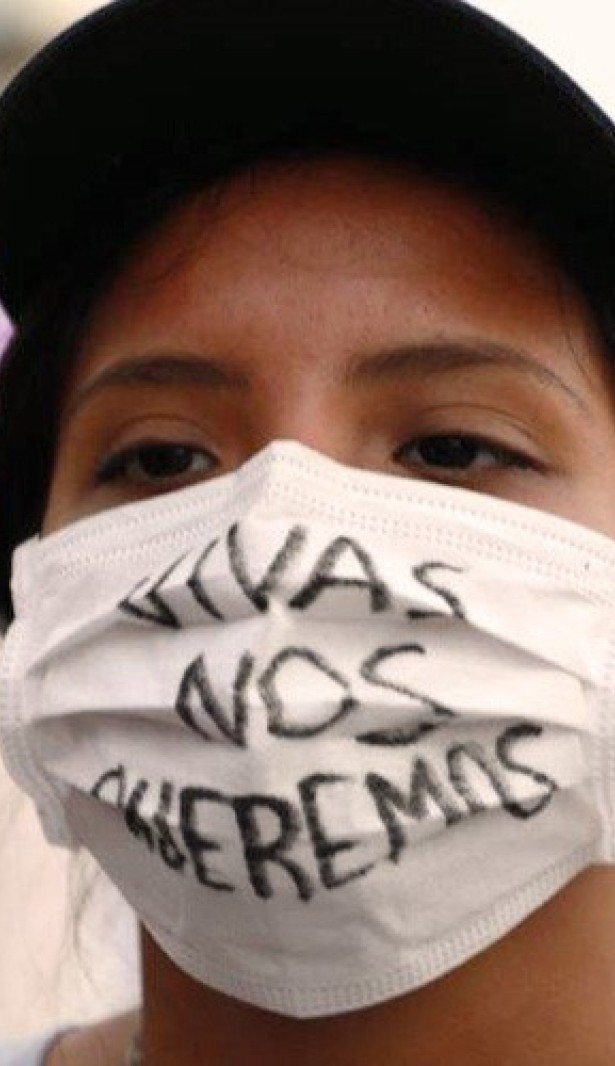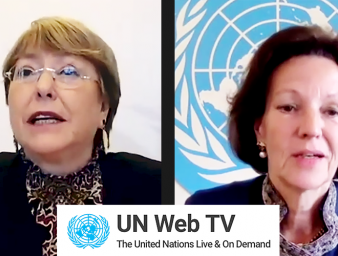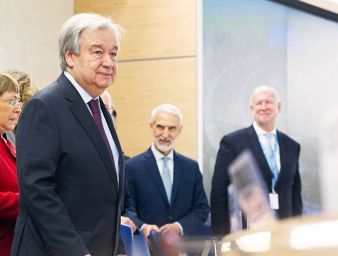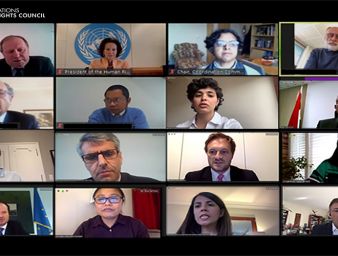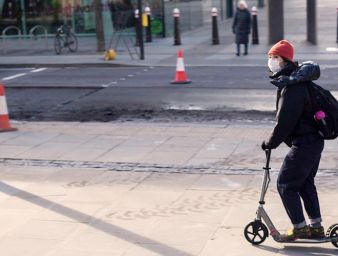Training helps experts handle increases in gender-based violence
29 April 2020
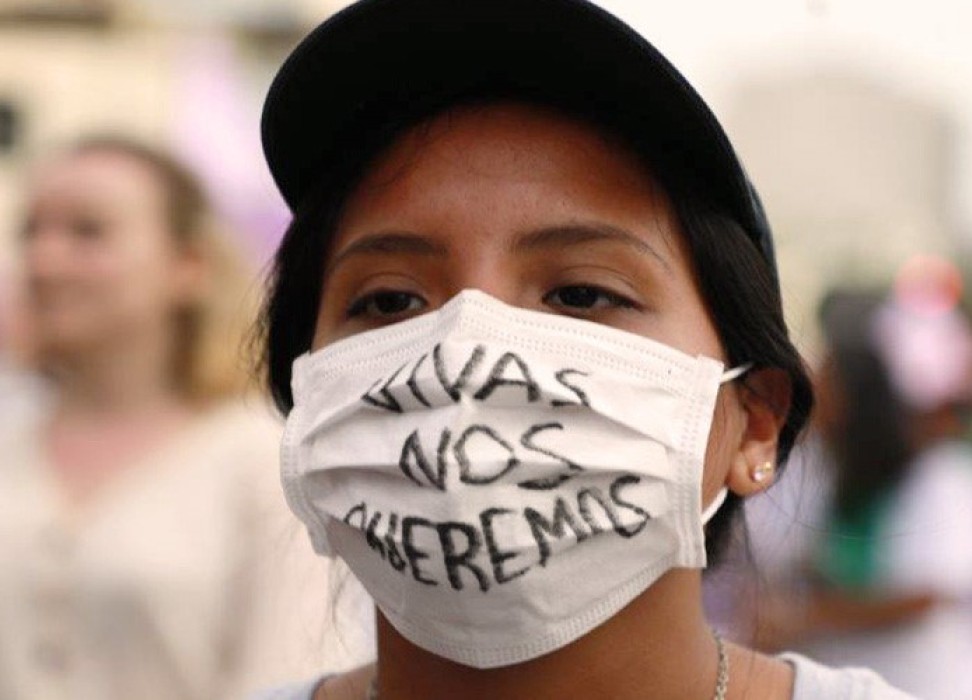
One of the effects of emergency measures brought on by the COVID-19 pandemic has been a resurgence in an ages-old problem exacerbated by physical distancing and lockdown measures. It is domestic violence.
Since the start of the pandemic, countries across the world have seen increases in reports of domestic violence cases.
Likewise, UN Special Rapporteur on violence against women Dubravka Šimonovic warned early on that lockdown measures could increase the vulnerability of many women. “For many women […] the home can be a place of fear and abuse. This situation worsens considerably in isolation cases,” she said.
UN High Commissioner for Human Rights Michelle Bachelet warned this unforeseen effect of the lockdown will have far-reaching consequences.
“The impacts of COVID-19 confinement measures on women may not be immediately visible, but they may not be immediately visible, but they could set back the cause of gender equality for years to come,” she said in a recent statement.
South America has not escaped the increase in gender-based violence reports due to the quarantine. In the region alone, there was an average of twelve women murdered daily as a result of gender violence and one in three women was a victim of domestic or sexual violence. Reports from around the region show an increase in cases of gender-based violence since quarantine measures were put in place. In Brazil, the Rio de Janeiro Public Defender for Women’s Rights indicated that the number of cases had increased by 50 percent. In the Buenos Aires province, Argentina, calls to the GBV hotline have reportedly increased by 60 percent. In Chile, telephone complaints of domestic violence rose by 70 percent.
Since 2018, the UN Human Rights Regional Office for South America has provided workshops, teaching judges about the role of the judiciary in addressing negative gender stereotypes. Drawing on work already being done on gender-based violence, the trainings have helped provide a human-rights based grounding for those who hand out justice on the issue.
“It is essential to support women victims of violence –especially in crisis situations such as the one we are currently experiencing– guaranteeing equality and justice. However, gender stereotypes are a common and harmful barrier to justice, especially for women victims and survivors of violence, "said Rocío García Sevillano, human rights officer.
Since then, more than 150 judges from Argentina, Bolivia, Chile, Paraguay and Uruguay have taken part in the workshops and have used the material to better handle gender-based violence cases.
Juan José Martínez, advisor to the Supreme Court of Paraguay and a participant in one of the workshops, said, “gender stereotypes are manifested when women are considered to have a lower role than men, which allows men to abuse of her without the situation being condemned.”
The workshops helped usher in guides for the judiciary and prosecutors on gender stereotypes and international standards on the rights of women, which came out in March 2020 in Uruguay. These guides are intended to be the tool to train legal operators across the country on international standards for women's rights. They are also guidelines for the officials of the judicial system to carry out their work analysing the various situations from a gender perspective.
"The Judiciary has a key role in promoting equality and justice throughout society, which is the basis of the human rights of all," said García Sevillano.
The trainings like those in place in South America are among the recommendations made by the UN Secretary-General Antonio Guterres to fight against the surge in domestic violence cases. Others include scaling up public awareness campaigns, and creating better online services and civil society organizations.
The UN Human Rights Office has published guidance COVID-19 on the rights of women and girls including recommendations to policy makers.
Guterres urged all governments to make the prevention and redress of violence against women a key part of their national response plans for COVID-19, and outlined several actions that can be taken to improve the situation.
“Together”, concluded the UN Secretary-General, “we can and must prevent violence everywhere, from war zones to people’s homes, as we work to beat COVID-19”.
29 April 2020
UN Human Rights Regional Office for South America
Guidelines for Judiciary on gender stereotypes and international standards on the rights of women
Guidelines for prosecutors on gender stereotypes and international standards on the rights of women
Article: UN chief calls for domestic violence ‘ceasefire’ amid ‘horrifying global surge’
